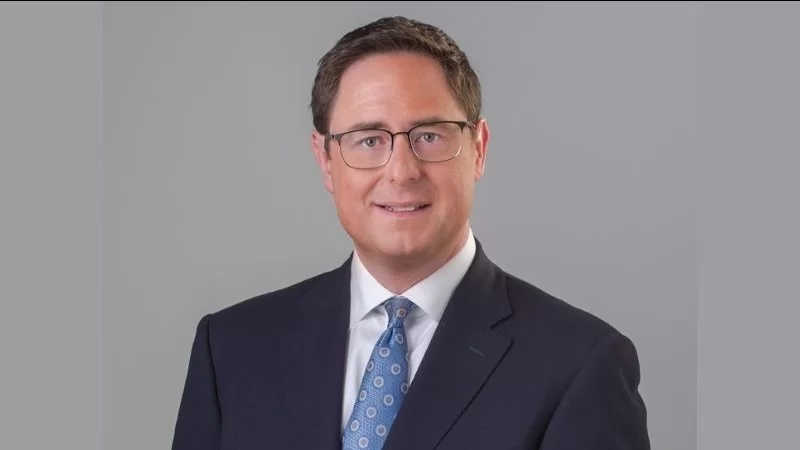Rep. Mike Flood, U.S. Representative for Nebraska's 1st District | Rep. Mike Flood Official Headshot
Rep. Mike Flood, U.S. Representative for Nebraska's 1st District | Rep. Mike Flood Official Headshot
WASHINGTON, D.C. – U.S. Congressman Mike Flood has expressed his support for the decision made by the New York Stock Exchange to withdraw a rule that would have allowed for the creation of Natural Asset Companies (NACs). The NACs would have had the ability to control national parks and other public lands, which have traditionally been managed by federal, state, and local agencies.
In a statement, Congressman Flood criticized the concept of Natural Asset Companies, stating that they were the brainchild of "radical environmentalists who want to see more of America's land locked away from ag producers, recreators, and everyday Americans." He further argued that the creation of NACs would have aided President Biden in his efforts to achieve his 30 x 30 land conservation initiative.
Congressman Flood commended the New York Stock Exchange for withdrawing the proposal, emphasizing the importance of protecting the integrity of the financial system from being "weaponized by activists." He highlighted that scrapping the plan to list NACs on public exchanges would safeguard the capital markets for investors and prevent foreign actors from gaining control over public lands.
The decision to abandon the Natural Asset Company rule has been met with mixed reactions. Environmentalists who had supported the concept of NACs as a means to preserve and protect natural resources expressed disappointment. However, opponents of the rule, including Congressman Flood, view this as a victory for ensuring that public lands remain under the jurisdiction of government agencies.
The debate surrounding the management of public lands is likely to continue, as stakeholders seek to strike a balance between conservation efforts and promoting economic activities tied to these areas. While the Natural Asset Company rule may have been scrapped, the underlying concerns and interests of various groups regarding the utilization of public lands remain unresolved.


 Alerts Sign-up
Alerts Sign-up